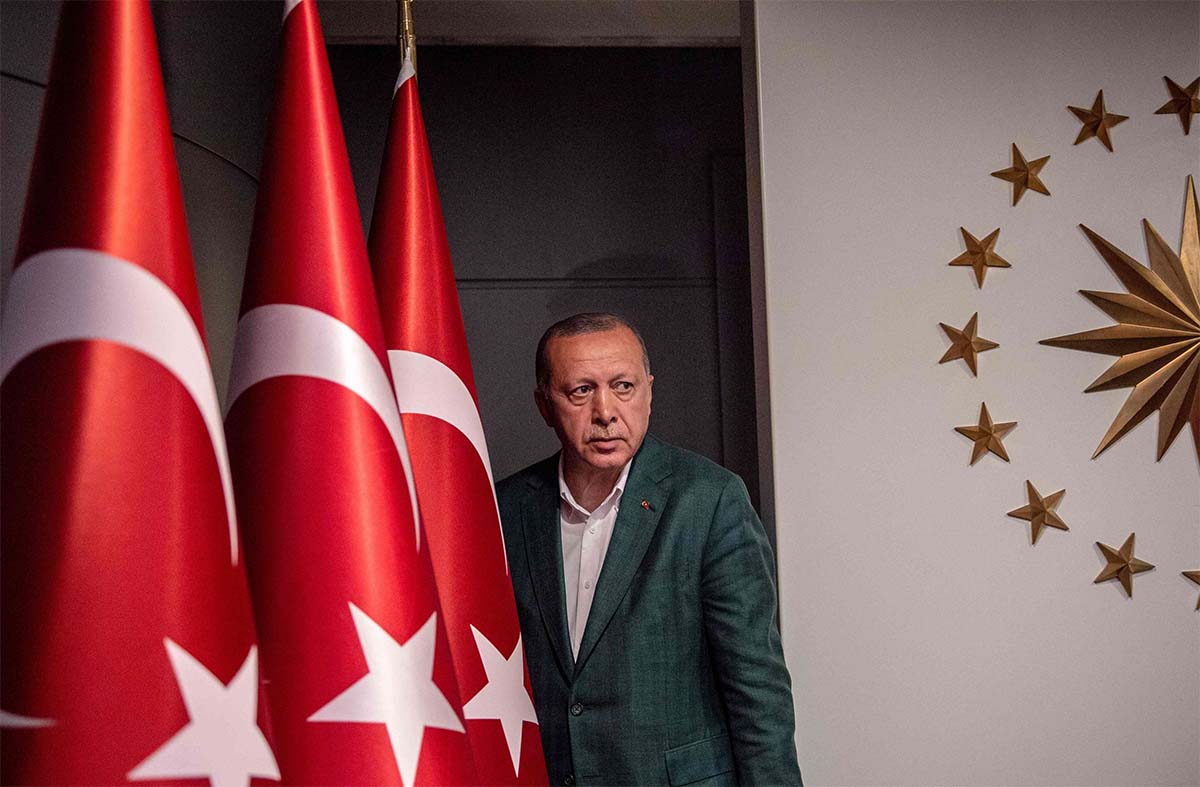Turkey’s ruling AKP suffers a setback in mayoral elections: Erdogan is not invincible but...
Turkey’s March 31 mayoral elections appeared to show that the ruling AKP narrowly lost major cities such as Istanbul, Ankara, Antalya and Adana, which were previously ruled by the AKP, to the opposition.
This sent a wave of shock to the AKP as it claimed the elections were marred by an ‘organized crime’ and ‘irregularities’ pushing it to oppose the results. As of March 31, the AKP has gone all lengths not to hand Istanbul over to the opposition by asking the High Election Board for recount of invalid votes and now demanding full recount in Istanbul.
Undoubtedly, Istanbul is not only the center of the country’s economic activities but it also marks the rise of Turkey’s Islamist party AKP and its leader Recep Tayyip Erdogan. Since Erdogan won the mayorship of Istanbul in 1994, he has advanced in his political career, paving the way for today’s ‘one man rule.’
Many commentators agree that Erdogan’s success story which began in Istanbul may fade again in the same city as he suffered a major setback with the opposition CHP candidate Ekrem Imamoglu narrowly defeating the AKP’s Binali Yildirim, a former Parliament speaker.
Up until now, masses and political experts have believed that Erdogan cannot be beaten at the ballot box and he can stay in power even though the government suffers an economic recession.
For the first time Erdogan’s political domination is eroded and it instills hope into the opposition that his rule may face the long-awaited fate of losing the power as millions of people are uneasy with him trashing the rule of law, freedom of expression and his AKP turning into a hotbed of nepotism.
As unlimited and uncontrolled power that Erdogan holds have undermined the state, economic crisis’ impoverishing effect on people worsened the sense of being stuck, giving way to the idea of at least changing the AKP at a local level, especially in the cities where trade activities are concentrated.
Erdogan has a lot to lose if he takes a step back and accepts the defeat. This is not limited to economic losses as years of unlawful and disputed practices of his government will undoubtedly be brought to the justice.
Despite the fact that many opposition candidates, mainly Kurds, were arrested, the rest was threatened of being jailed and stripped of their parliamentary immunity. The results proved that a vivid opposition still exists and the iron-fist policy lack to cut off the peoples’ ties to democracy.
Now there is a hope that former AKP figures such as former President Abdullah Gul and minister Ali Babacan, who are expected to launch a new political party as an alternative to Erdogan, may put Turkey back on democracy track. These two old companions of Erdogan pose a threat to him as the AKP’s grassroots and supporters who seek normalization, have distrust of the ruling party that might be inclined toward them, triggering more concerns among the AKP cadre.
On the other hand, even though the results have proved that Erdogan is not invincible, he pushes for the annulment of the Istanbul election that can cause a chaotic atmosphere in the country until the renewed June 2 elections give what Erdogan demands, a factor compelling the opposition to sit tight to make him accept the results.
Some political analysts agree that Erdogan may choose to put more pressure on people by both using ideological and police apparatuses on the purpose of winning the re-election once lost in Istanbul.
However this scenario, another common view by economists, may lead the country to a deeper economic recession as foreign investors and international financial institutions’ trust in the regime will be tarnished more, causing yet another Turkish Lira collapse against the dollar.
Power struggle between the Islamist regime and pro-democracy supporters will seemingly get intensified as the opposition, thanks to economic crisis, is encouraged by the voter and Erdogan is determined to fight the loss.







